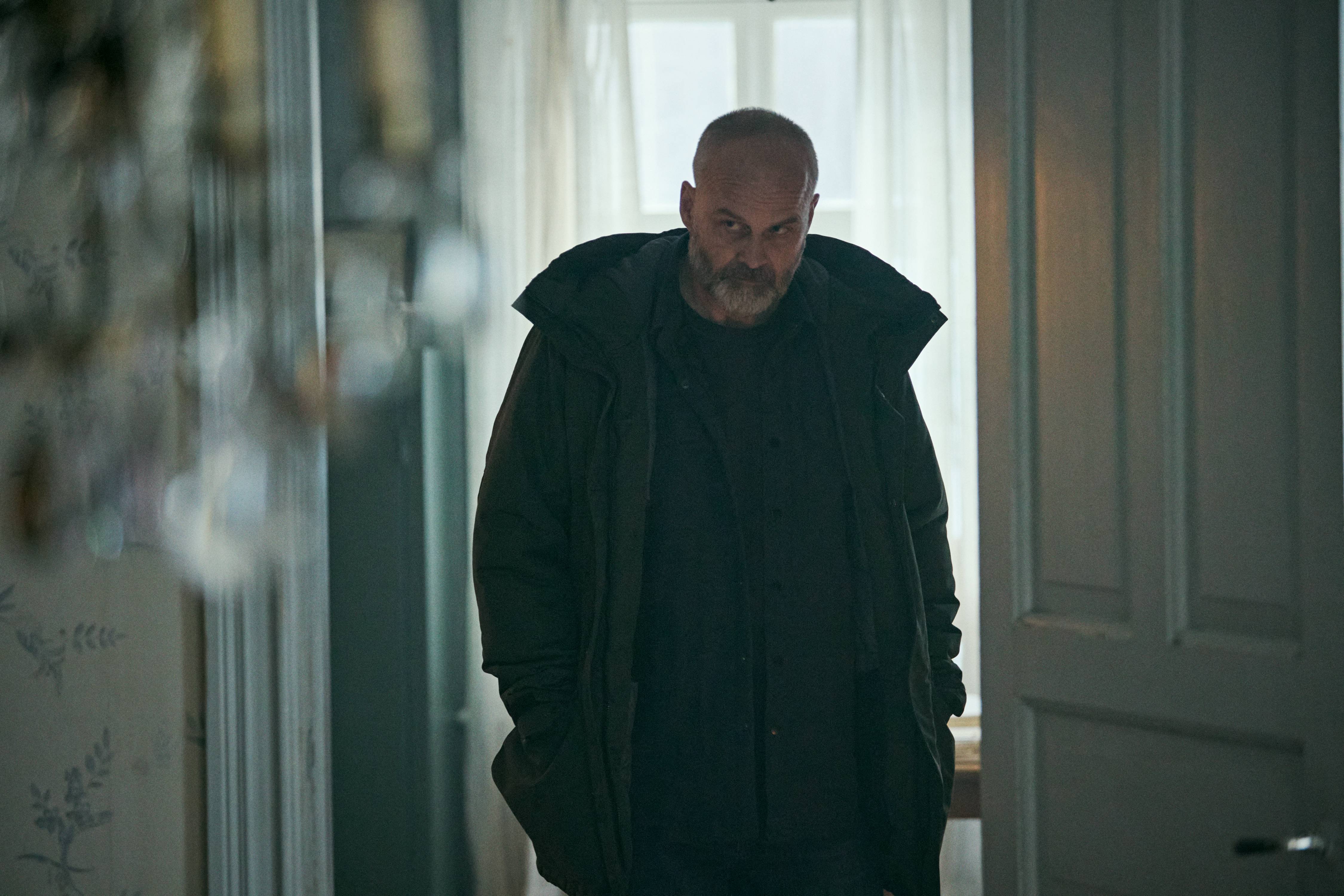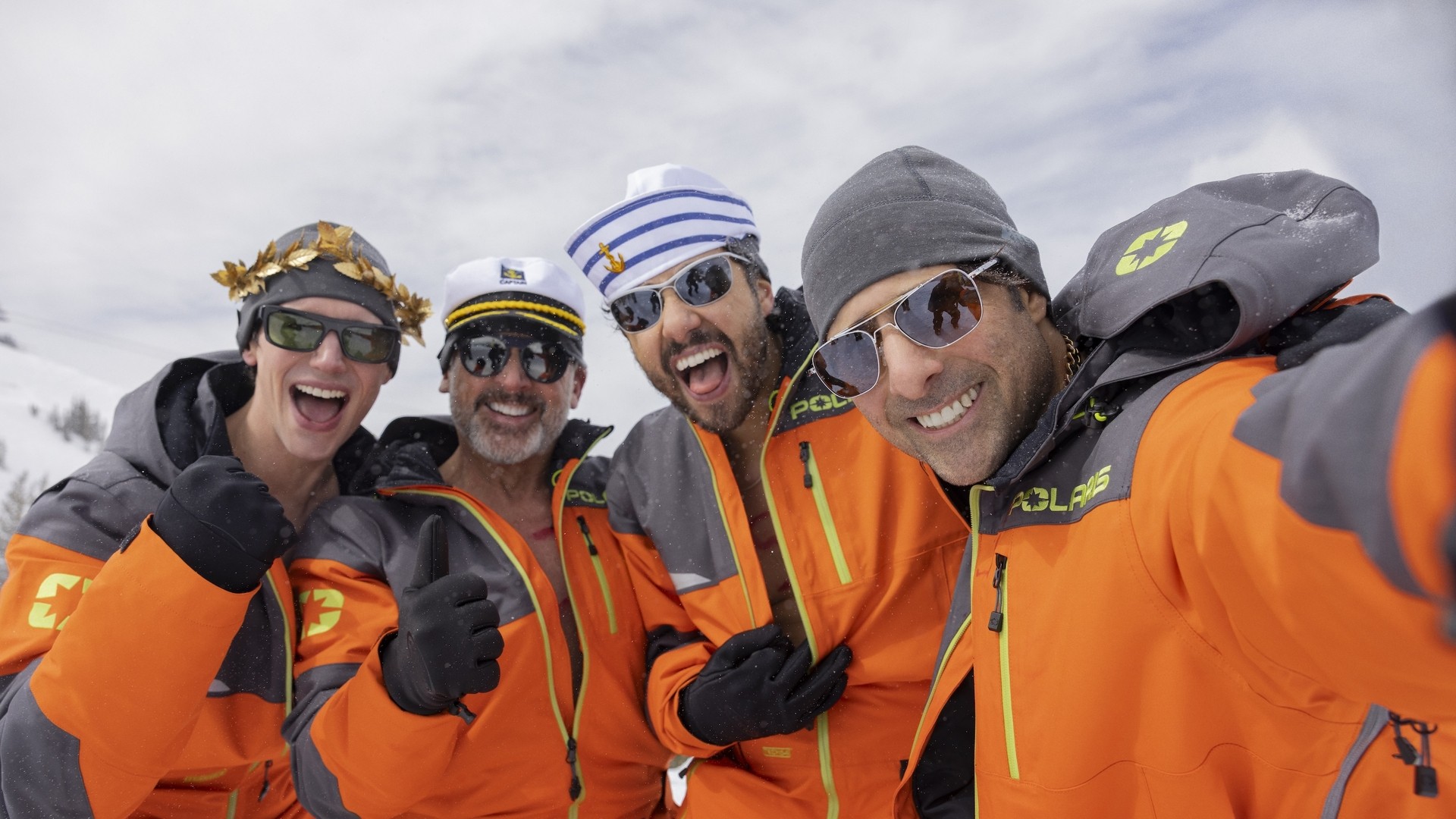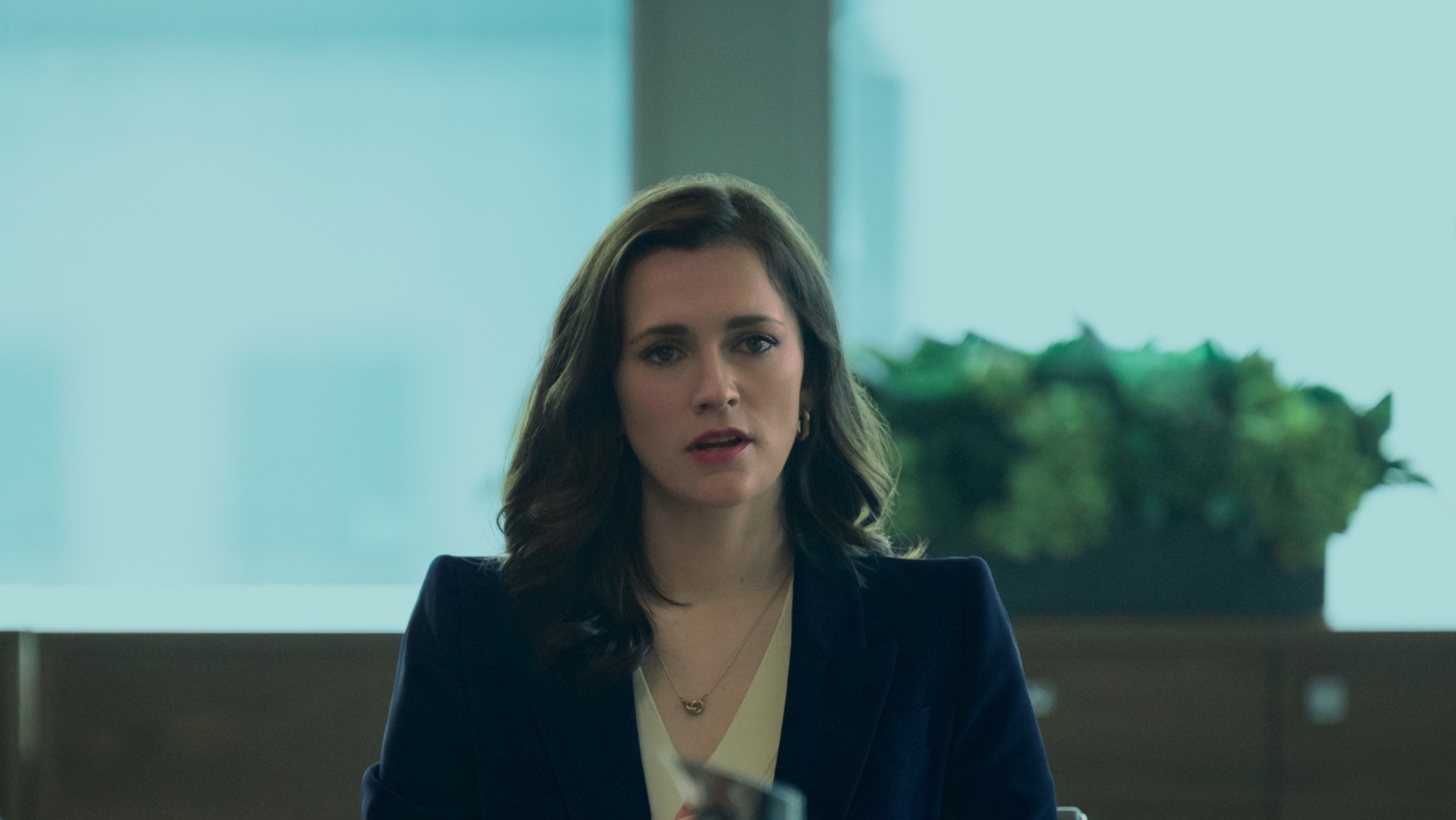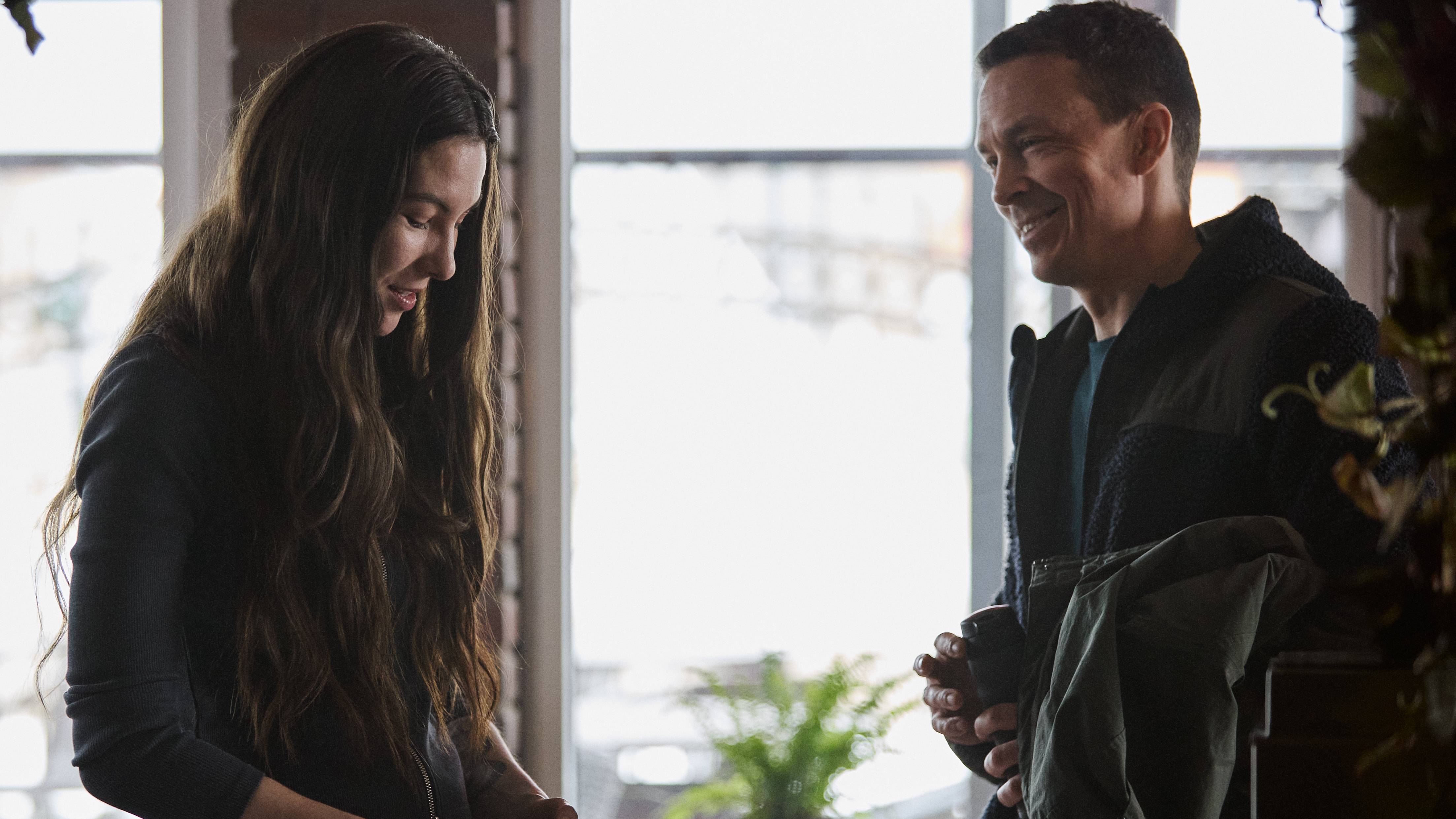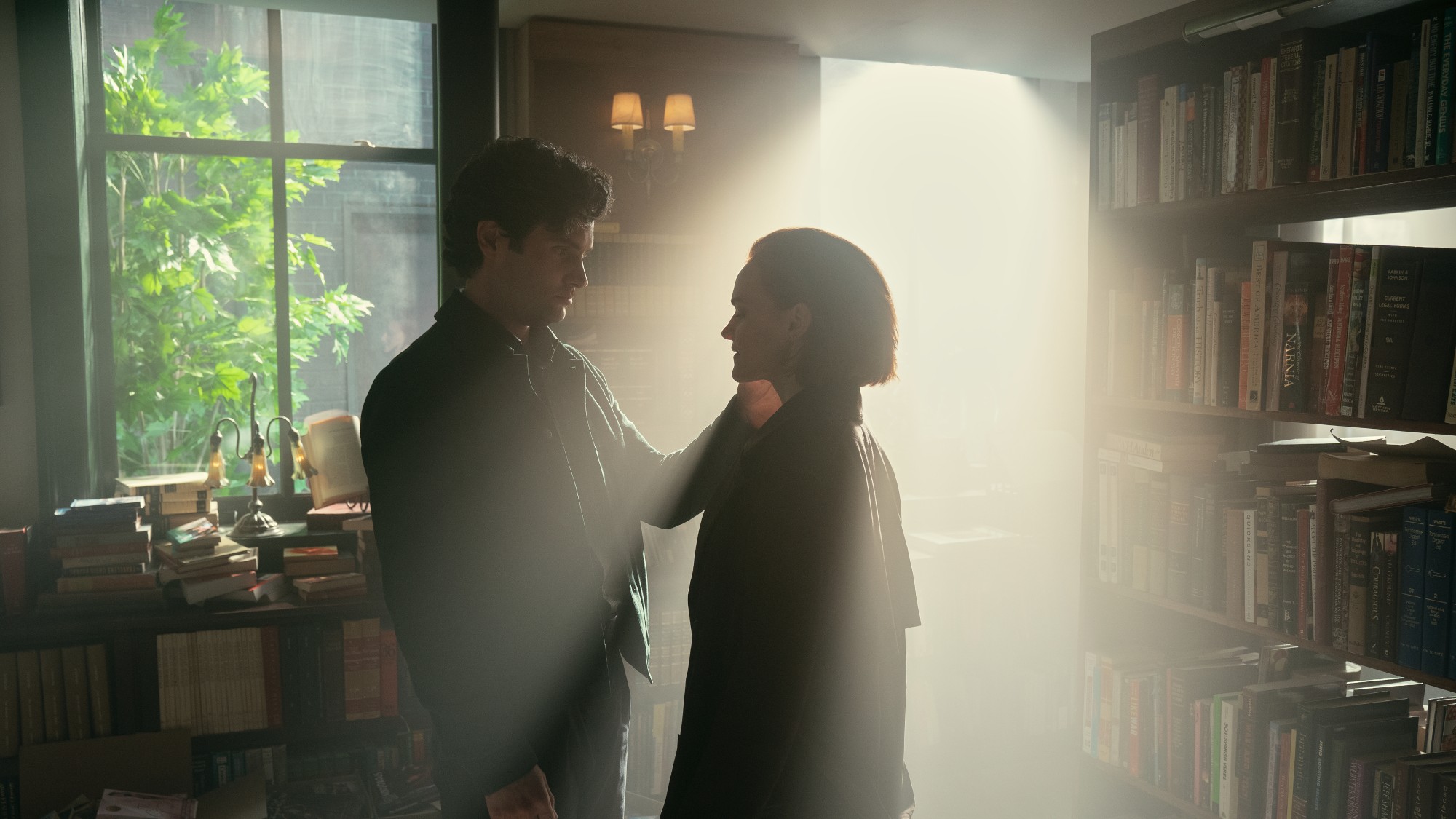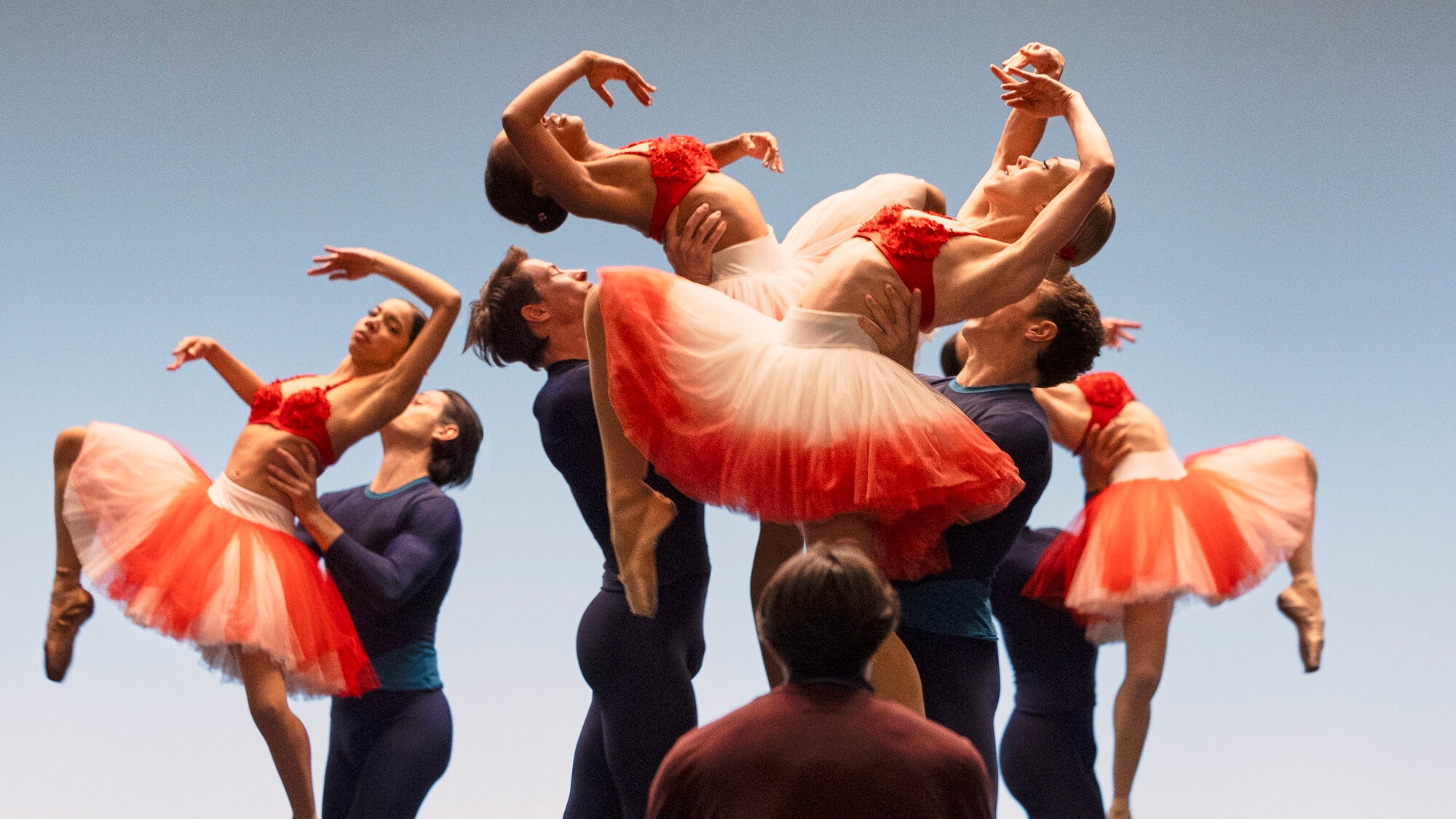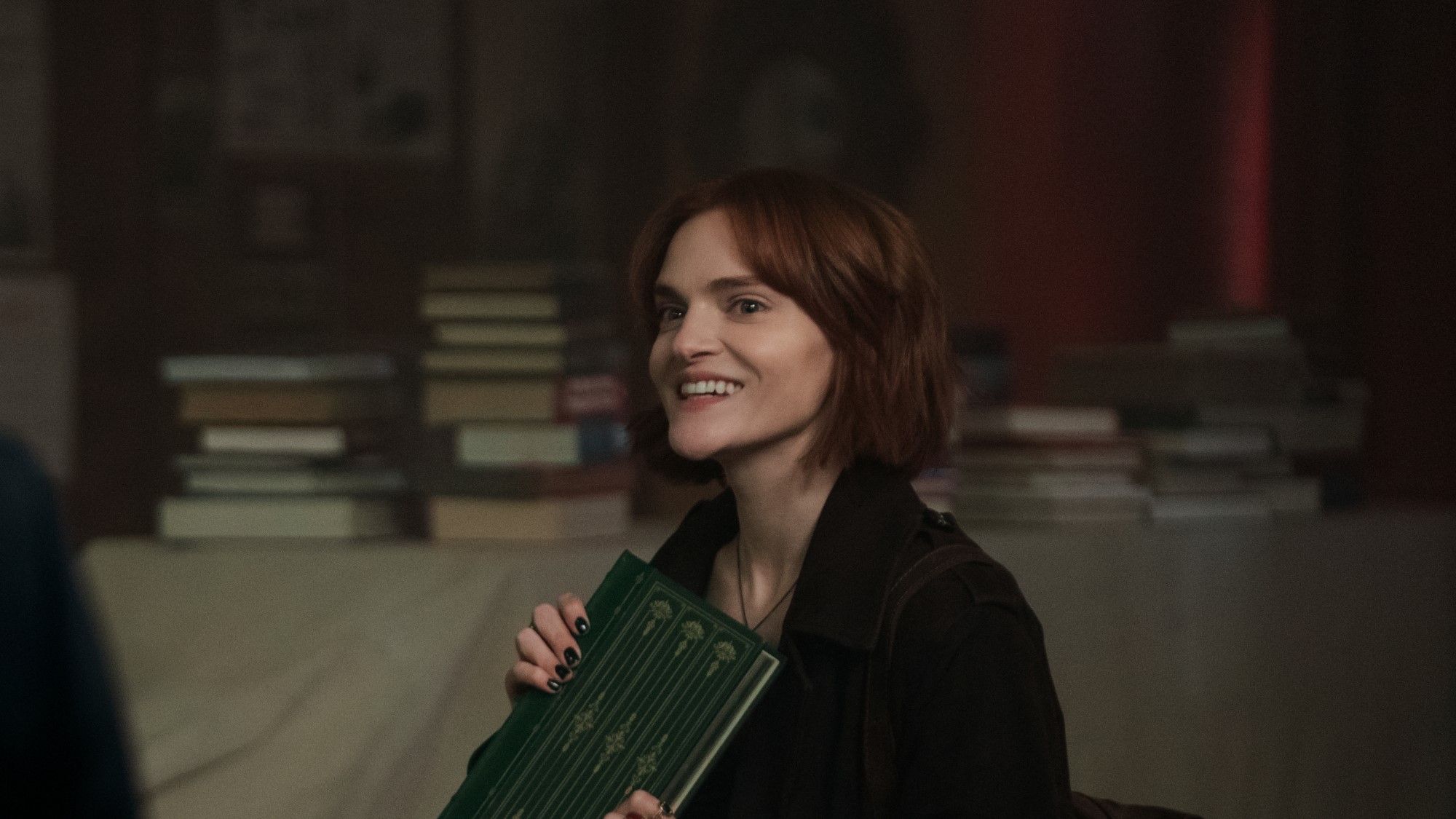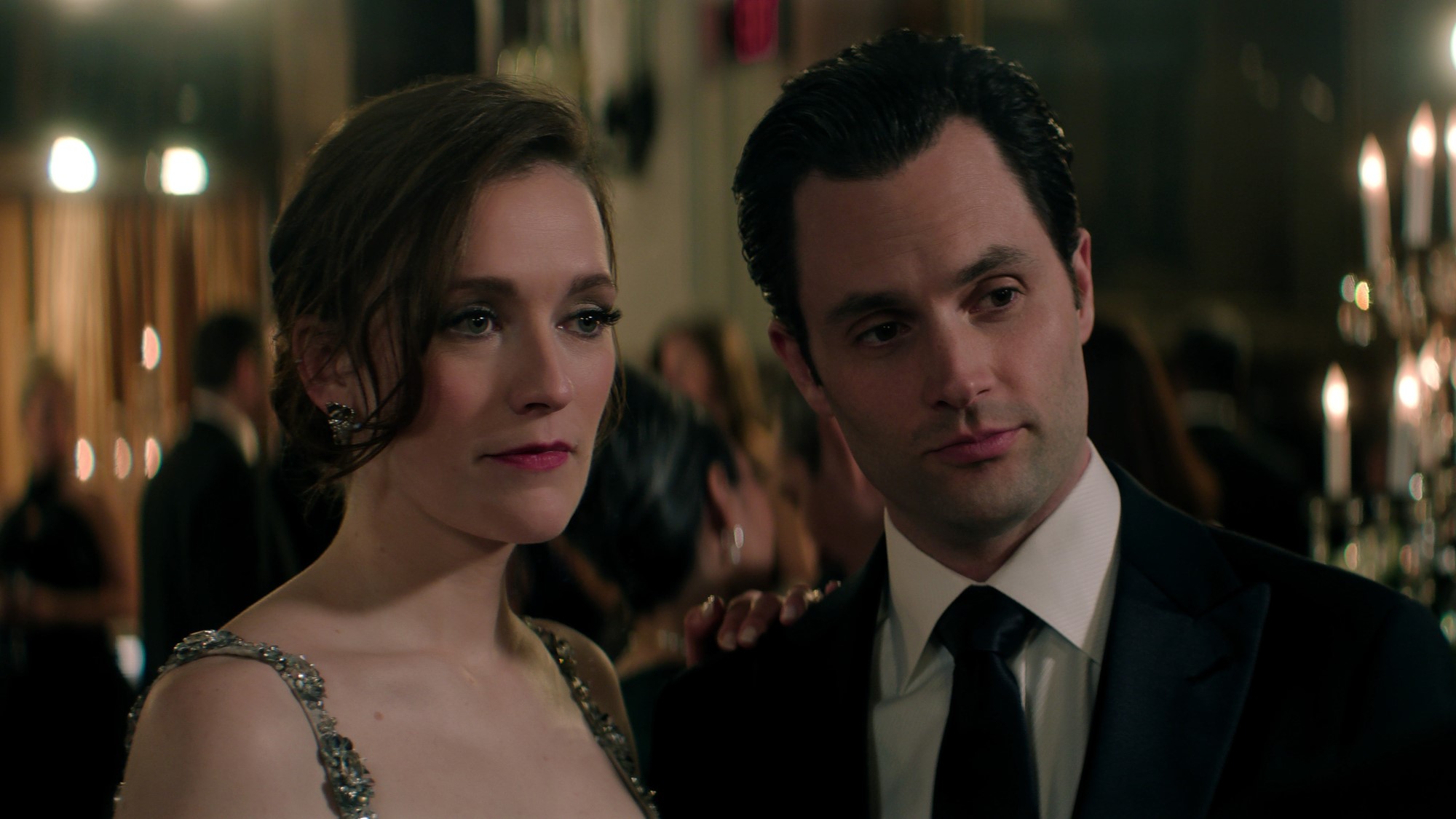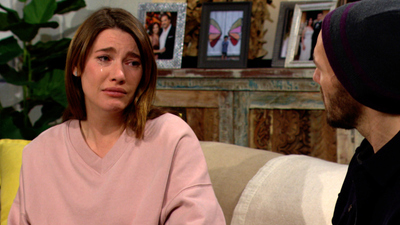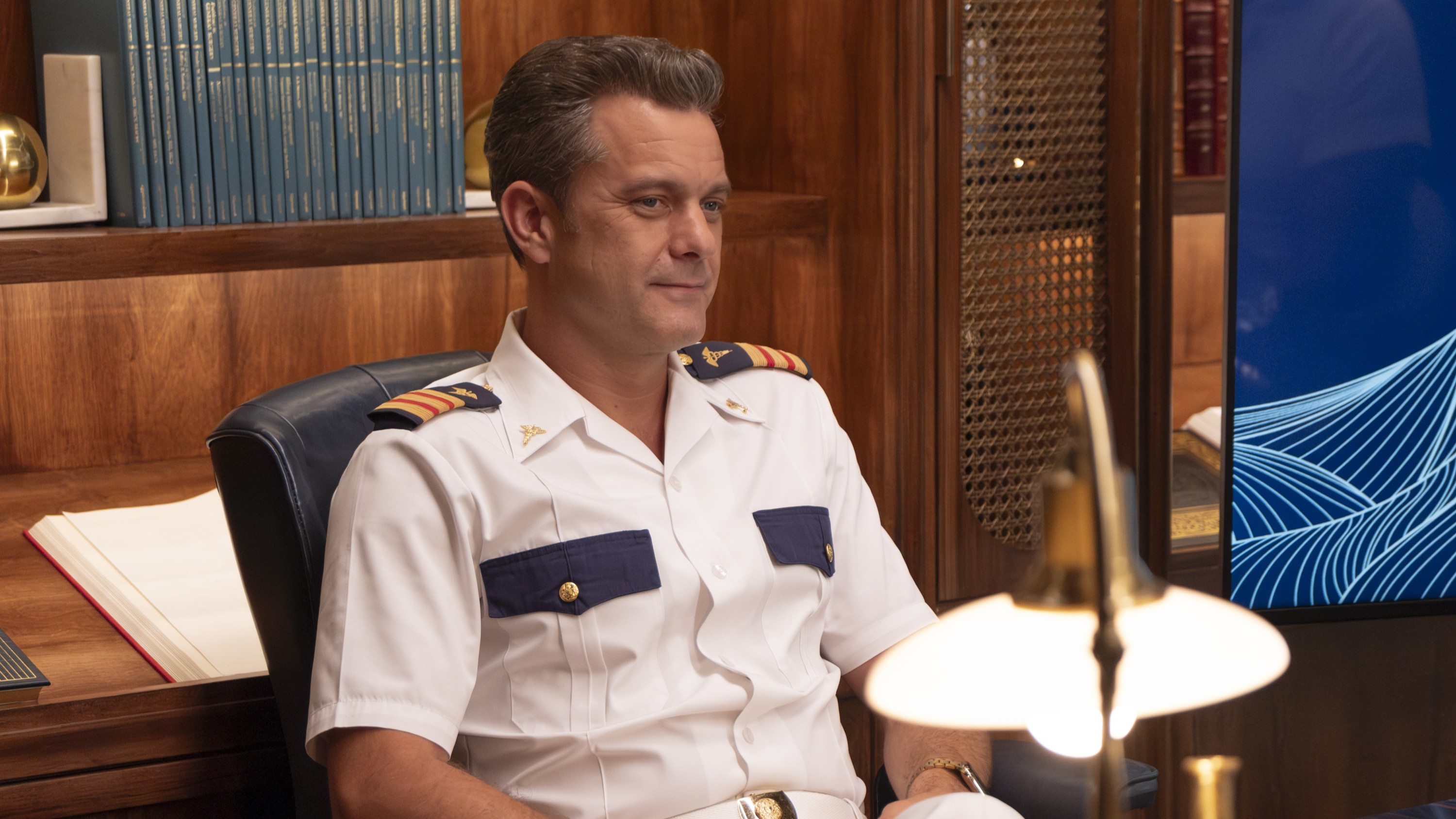How 'The Mandalorian' embraces George Lucas' politics
"The Believer" specifically serves as a commentary on the horrors of the Vietnam War and the potential for redemption.
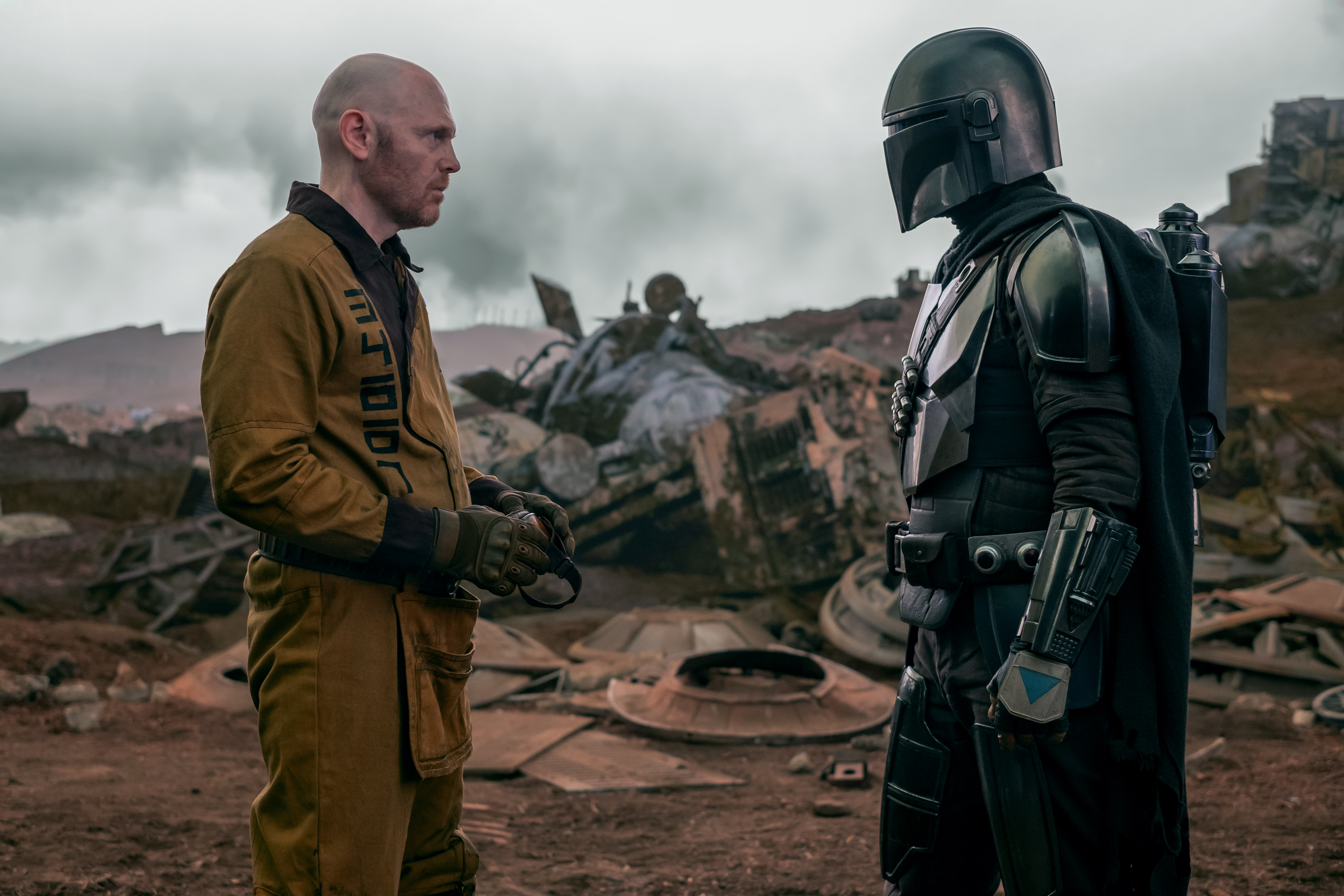
The Mandalorian creator Jon Favreau has proven he has a keen understanding of the franchise by digging into George Lucas’ influences, crafting episodes inspired by Westerns and the films of Akira Kurosawa while not shying away from the inherent silliness of having a puppet as a main character. Along with capturing the tone and style that helped make the original Star Wars trilogy some of the most beloved films of all time, The Mandalorian has also embraced one of the less appreciated aspects of Lucas’ work: his revolutionary politics.
Calling the series’ generic bad guys Stormtroopers might at first glance make the Galactic Empire a clear stand-in for Nazi Germany and give the series the same easy black and white morality found in fighting actual Nazis in the Indiana Jones franchise, which Lucas also created. But in multiple interviews, Lucas made it clear that the Empire was actually an amalgamation of Nazi Germany and the United States.
The Vietnam War had ended just two years before the first Star Wars film released in 1977, and it still loomed large in America’s cultural consciousness. Lucas had been signed on to direct Apocalypse Now before he left the project for Star Wars, with Francis Ford Coppola taking on the film about the horrors of the Vietnam War instead. But Lucas found ways to integrate his feelings about the American military industrial complex into his space opera.
The horrifying, planet-killing power of the Death Star represents America’s nuclear arsenal. Ironically, the space-based missile defense system President Ronald Reagan proposed a few years later came to be dubbed Star Wars, and Lucas sued to stop the association. Donald Trump’s campaign manager Brad Parscale compared his re-election effort to the Death Star, with a seeming lack of awareness of who the bad guys in Star Wars are or what happened to their weapon of mass destruction used to destroy the planet Alderaan.
The scrappy underdogs of the Rebel Alliance were a tribute to historical resistances, including the American revolutionaries who were able to throw off British rule. But they were also a reference to the Viet Cong fighters, something made particularly clear in Return of the Jedi. While the Ewoks have been mocked for their ability to defeat the vastly technologically superior Empire forces, Lucas meant for them to be a metaphor for the way that the Viet Cong used their mastery of their home terrain to defeat American soldiers with much more firepower.
- Disney Investor Day included some huge Star Wars reveals
- Who are the Mandalorians?
- What is the Darksaber?
- 'The Mandalorian' Reviews
- Let's talk about Timothy Olyphant's Cobb Vanth
- Why Bo-Katan's presence in The Mandalorian is a big deal
Relegating Vietnamese people to vicious teddy bears who worship C-3PO is pretty demeaning, but Lucas certainly deserves credit for inserting radical politics into a family-friendly film. Writer and director Rick Famuyiwa picked up on those themes and modernized them with more nuance through Chapter 15 of The Mandalorian, “The Believer.”
In the wake of Grogu’s capture by Moff Gideon (Giancarlo Esposito), The Mandalorian turns to former Imperial sharpshooter Migs Mayfield (Bill Burr) for help. After the fall of the Empire, Mayfield became a mercenary and was arrested and imprisoned for breaking into a New Republic ship in the season one episode “The Prisoner,” which bears a lot of similarities to the World War II film The Dirty Dozen.
Get the What to Watch Newsletter
The latest updates, reviews and unmissable series to watch and more!
Mayfield embodies the hybrid of both Nazi Germany and Vietnam-era America that is the Empire. When New Republic Marshal Cara Dune (Gina Carano) says with visual contempt that he’s needed because he’s Imperial, Mayfield is quick to respond “That was a long time ago,” showing he really doesn’t want to be connected to the atrocities the Empire was associated with. But the knowledge he has about Imperial protocols provide him with a chance for redemption.
While Mayfield showed no compunction about killing in “The Prisoner,” we see a softer, more human side in “The Believer” when he agrees to help The Mandalorian take on the notorious Moff Gideon in order to protect his adopted child. Yet Mayfield is still shown as a nihilist, his portrayal building on tropes about Vietnam War veterans.
Like Endor in Return of the Jedi, the planet Morak in "The Believer" is obviously a stand-in for Vietnam with its lush palm tree forests that the Imperial remnants occupying the area traverse with armored personnel carriers. When he drives through a local village, where they people view him with quiet suspicion, Mayfield comments “Empire or New Republic, it’s all the same to these people. Invaders on their land is all we are. I’m just saying somewhere, someone in this Galaxy is ruling and others are being ruled.”
He dismisses the idea that there is a real difference in morality between the Empire and the New Republic and that wars can be just, portraying soldiers throughout the history of the galaxy as lacking agency. Even if they did fight willingly, he argues they were just swayed by nationalistic propaganda.
“Do you really think that all those people in wars fought by Mandalorians have a choice?” he asks The Mandalorian. “So how are they any different from the Empire? If you were born on Mandalore, you believe one thing. If you were born on Alderaan, you believe something else. But guess what? Neither one of them exist anymore.”
It’s an extremely dismissive way of viewing two societies that were victims of Imperial genocide, and The Mandalorian rebuffs Mayfield’s attempts to draw any equivalency. Yet Mayfield makes his criticisms even more personal by pointing out The Mandalorian’s moral flexibility. Does his moral code require that he always wear his signature helmet to show his cultural identity or is it about concealing his face and thus swapping into a Stormtrooper’s armor is acceptable?
Either way, The Mandalorian violates that taboo later in the episode because it seems to be the only way he can get the information needed to save Grogu. Mayfield argues that if he can compromise his beliefs to do what he feels is necessary, then they are the same in that they both are willing to shuck off conventions of honor if it doesn’t suit their circumstances.
Yet later in the episode, Famuyiwa and Mayfield wind up repudiating that very moral relativism through Mayfield’s former Imperial commanding officer, Valin Hess, who is named for the Nazi Party leader Rudolf Hess. Mayfield proposes a toast to Operation Cinder, a mission he served in that left a city annihilated and thousands or Imperial soldiers dead. They way he speaks about it evokes the feeling of a man recounting the atrocities of Vietnam and the terrible toll it took on civilians, opposition forces, and the American troops left dead or traumatized by their service. Yet Hess argues it was all worth it and promises more horrors to come.
“Everybody thinks they want freedom, but what they really want it order. And when they realize that, they’re going to welcome us back with open arms,” he says, raising a toast to the Empire. Then Mayfield shoots him, surprising himself as much as The Mandalorian.
Hess' speech is a chillingly topical commentary on the rise of fascism in the United States, a topic explored in Lucas' prequel trilogy. The scene makes it clear that evil is real, but also that people can always make the choice to fight it. After the ensuing gunfight, everyone who saw The Mandalorian’s face except Mayfield is dead, and Mayfield promises he’ll never tell anyone that the Mandalorian broke his code. In the end, they are both more similar than they’d like to admit. They have made compromises to survive, but they’ve also put themselves at great risk to do the right thing.
“The Believer” makes it terribly clear that the victory of Return of the Jedi was not complete any more than the end of the Vietnam War ushered in a new era of peace and accountability for America. By embracing Lucas’ politics, Famuyiwa and Favreau have produced a worthy successor to his original trilogy, acknowledging the horrors of war but understanding that true heroes still need to fight for hope and justice to survive.

